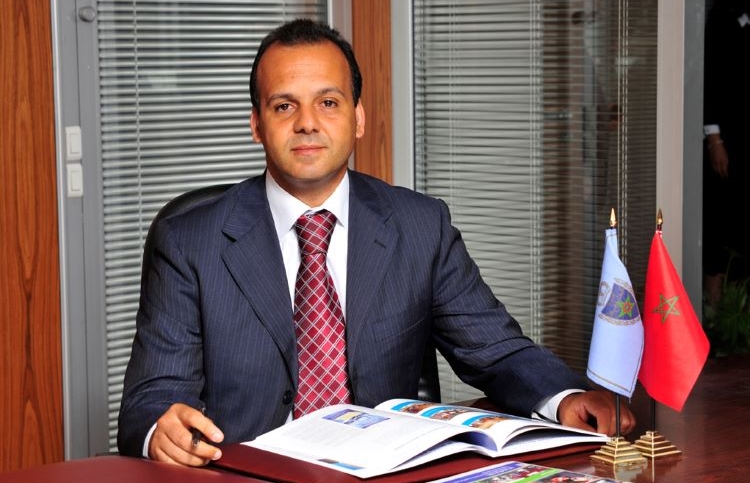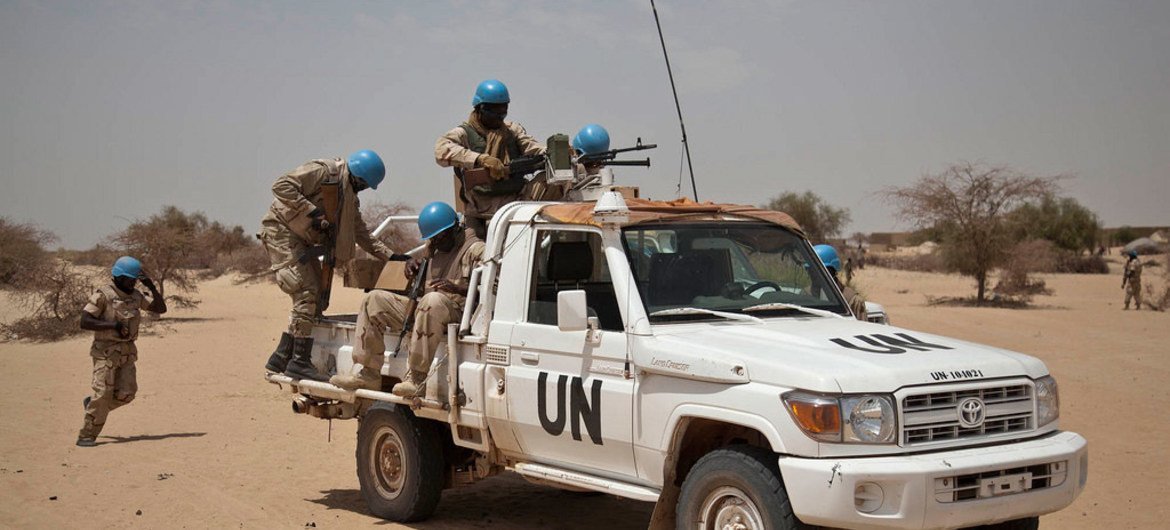The Diplomat
Moroccan authorities have warned that “geographical conditions” do not allow the installation of customs at the border crossings of Ceuta and Melilla, despite the fact that the roadmap agreed on April 7 between Prime Minister Pedro Sánchez and Morocco’s King Mohamed VI provides for the reestablishment of “appropriate customs control devices” at land borders.
“In order to develop commercial operations, it is necessary to build infrastructures,” said Morocco’s director general of Customs, Nabyl Lakhdar, in an interview with the Moroccan weekly TelQuel. “Today, even the geographical conditions do not allow it,” he continued. The passes of Ceuta and Melilla are “small corridors” and, therefore, “it would take many tens of hectares to build visiting and control areas,” he warned. Therefore, “we do not have the necessary surface area for this project,” he insisted. “Besides, it is not a current issue,” he declared. “Those border posts will only be open to travelers and not to commercial operations,” he concluded.
The roadmap agreed last April 7 in Rabat between Pedro Sánchez and Mohamed VI – as contained in the Joint Declaration signed by Spain and Morocco -, indicates that “the full normalization of the movement of people and goods will be restored in an orderly manner, including appropriate customs and people control devices at land and maritime level”.
In addition, at the press conference following his meeting with Mohamed VI, Sánchez assured that the two leaders had agreed to reinforce “the normalized reestablishment of the land border posts with Melilla and Ceuta for the passage of goods and people”. The President of the Government had traveled to Rabat, at the invitation of the Moroccan King, to stage the end of the serious diplomatic crisis between the two countries.
On the other hand, the Spanish and Moroccan Ministers of Foreign Affairs, José Manuel Albares and Nasser Bourita, took the “political decision” in Marrakech on April 11 last to reopen the border crossings within the framework of the road map, after having remained closed for more than two years because of the pandemic and the diplomatic crisis. The opening of the “crossings and customs” will apply both to “people and goods”, Albares said. On May 17, the El Tarajal crossing in Ceuta and the Beni Enzar crossing in Melilla were reopened “gradually”.
Therefore, both the forecasts of the roadmap and the various statements of Sánchez and Albares allowed to expect the reestablishment of the Melilla customs, which was unilaterally closed by Morocco in August 2018 after a century and a half of operation (apparently, without space problems), and the establishment of a new customs in Ceuta, which has never existed and whose creation could imply – as Moncloa wishes and Moroccan diplomacy fears – the implicit recognition of Spanish sovereignty over the two autonomous cities.
Pedro Sánchez will appear next Wednesday before the plenary session of the Congress, at the request of the Popular Group, to “explain the new partnership for the 21st century that he established during his visit to Rabat and the consequences that this has caused in the relationship with Algeria”. Spain and Morocco experienced between mid-2021 and the beginning of this year a very serious diplomatic crisis because of the humanitarian reception in a hospital in Saragossa of the leader of the Polisario Front, Brahim Ghali. The crisis was finally resolved in mid-March, when Pedro Sanchez sent a letter to Mohamed VI in which he expressed, surprisingly, his support for the Moroccan autonomy plan for Western Sahara.







